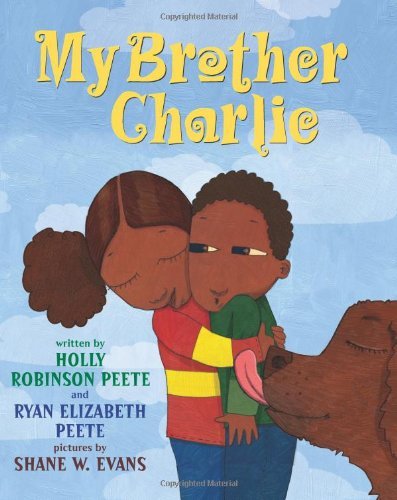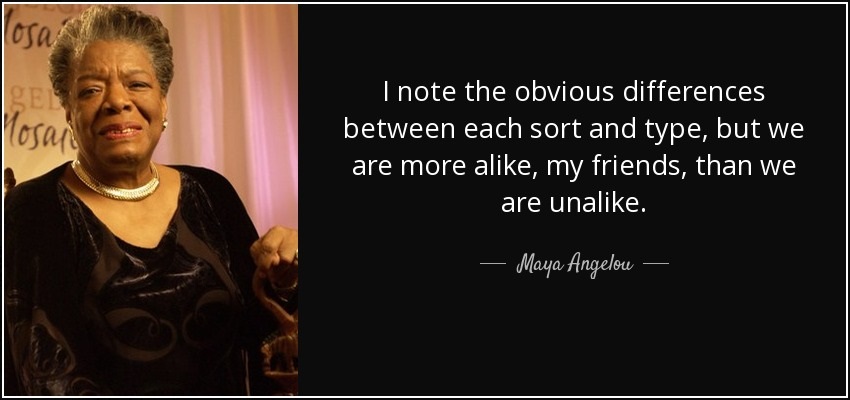Moving Children Beyond Pity, to Empathy
Paul Parkin
July 23, 2015
CHILDREN’S BOOK TO TEACH EMPATHY
“MY BROTHER CHARLIE”
by Holly Robinson Peete and Ryan Elizabeth Peete

This a powerful book that teaches children to be empathic, understanding, and accepting of those that are different. While the book focuses on autism, the principles taught reach far beyond that context. Callie and Charlie are twins, and soon Callie and her family realize that Charlie doesn’t communicate or act like other kids. Because of his autism, he has trouble saying “I love you” and communicating in other ways. While this is frustrating at times, Callie learns to love and accept Charlie for who he is and focuses on all of the things Charlie can do well. In the end Callie acknowledges with wisdom, “Charlie has autism, but autism doesn’t have Charlie.”
Ready for an empathic exercise? Take a minute (60 seconds) and try to imagine what it would be like to be paralyzed from the waist down. How would you have to live your life differently? Take another minute and imagine as vividly as you can, what it would be like to be blind. And for those of you that have had the privilege of knowing someone with autism, take a final 60 seconds and imagine what it would be like to be autistic.
This is a thought exercise that can help develop an empathic perspective and attitude towards those that have disabilities or that are different. It can be a powerful activity. However, in order to better understand what it is like to be in a wheelchair, to be blind, or to live with autism, for example, we need to communicate and be around individuals whose life experiences differ from our own. Sometimes when we engage in empathic thought exercises like this one, if we aren’t careful, we can begin to have ‘pity’ for those that are different or disabled. This isn’t the worst thing in the world if it helps us be more compassionate than we were before, but it falls short of relational empathy, where we gain a deeper level of insight into another’s world by interacting with them and hearing what it is like to be them. When we engage in this empathic exercise, we no longer pity those that are different, we can identify with them, because we are often surprised to realize that they are far more like us than they are different. And while we can appreciate the struggles others may face, things that we may take for granted, we can also recognize that everyone wants to be treated with love and respect, and not to be isolated because our differences.
Children are sometimes better at this than adults and they can set a good example for all of us. At parent teacher conference, my son’s 3rd grade teacher said, “did you know you that you have a great son?” I sat up a little taller and humbly acknowledged, “Well, you know, the apple doesn’t fall too far from the ol’ tree” (imagine me saying this as Barney Fife would). Okay, I didn’t really say that. But then, his teacher preceded to tell us why. She informed us that there was a child with Aspergers in the school, his age, who had trouble playing with the other kids at recess. She told us that my son would spend the 1st recess period playing soccer and football with the boys in his class, and then he would forgo these activities during the second recess to play with the boy that had Aspergers. By interacting with this boy overtime, he learned to play in a way that was meaningful for the boy. It wasn’t soccer or football, but it was empathic interaction at a very high level, where shared meanings were co-created between the two boys. My son wasn’t focused on what this boy couldn’t do, but found out what he could do and engaged him on that level, without any guidance from adults. Wouldn’t it be great if we could all be a little more like this? Wouldn’t it be great if we could all have more cognitive empathy for those that are different, but even more importantly, wouldn’t it be great if we could nurture our ability to have relational empathy as we communicate with each other, despite our differences. If we could do this, we might learn the deeper meaning behind Maya Angelo’s words:
“I note the obvious difference between each sort and type, but we are more alike, my friends, than we are unalike.”




